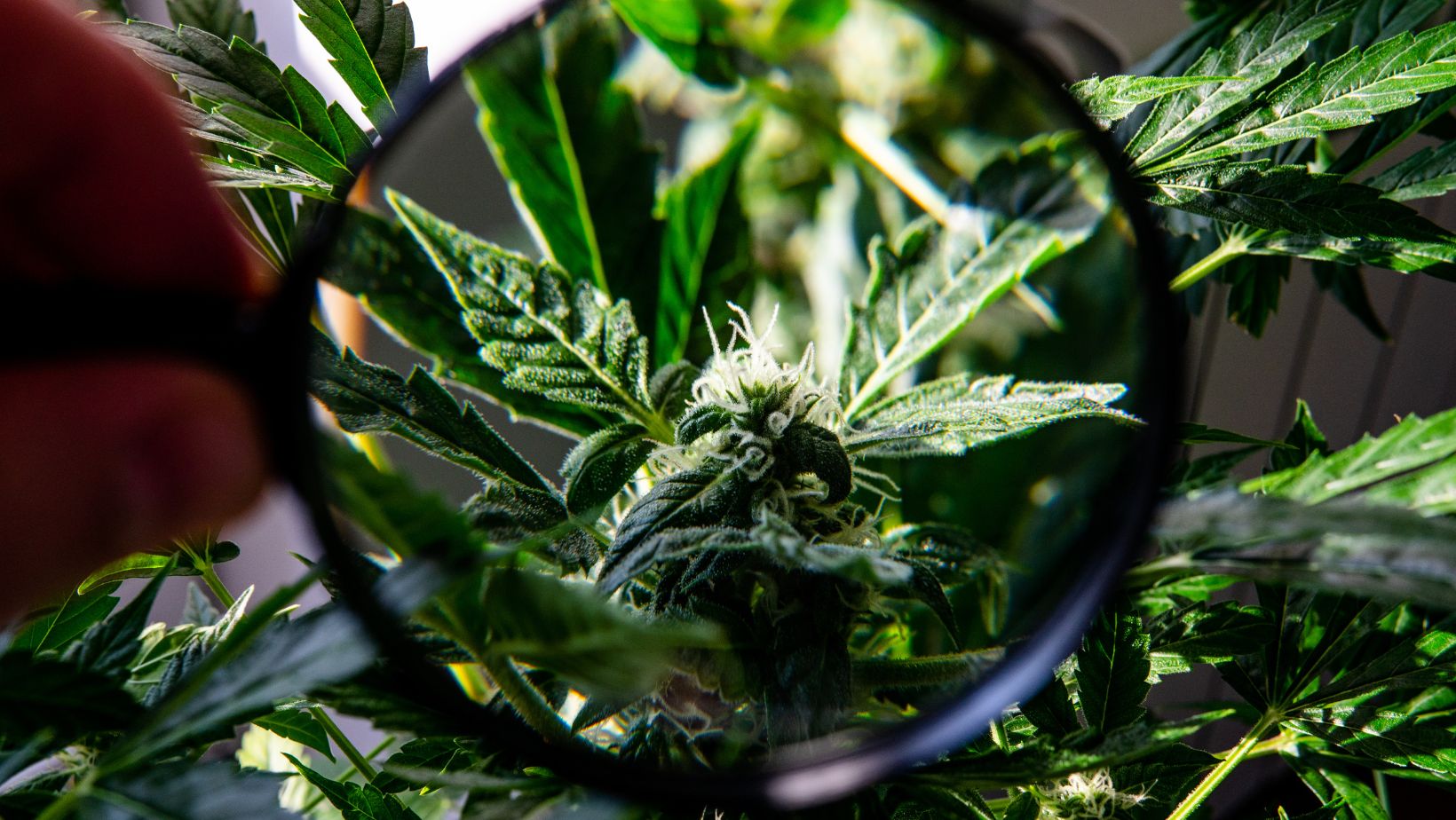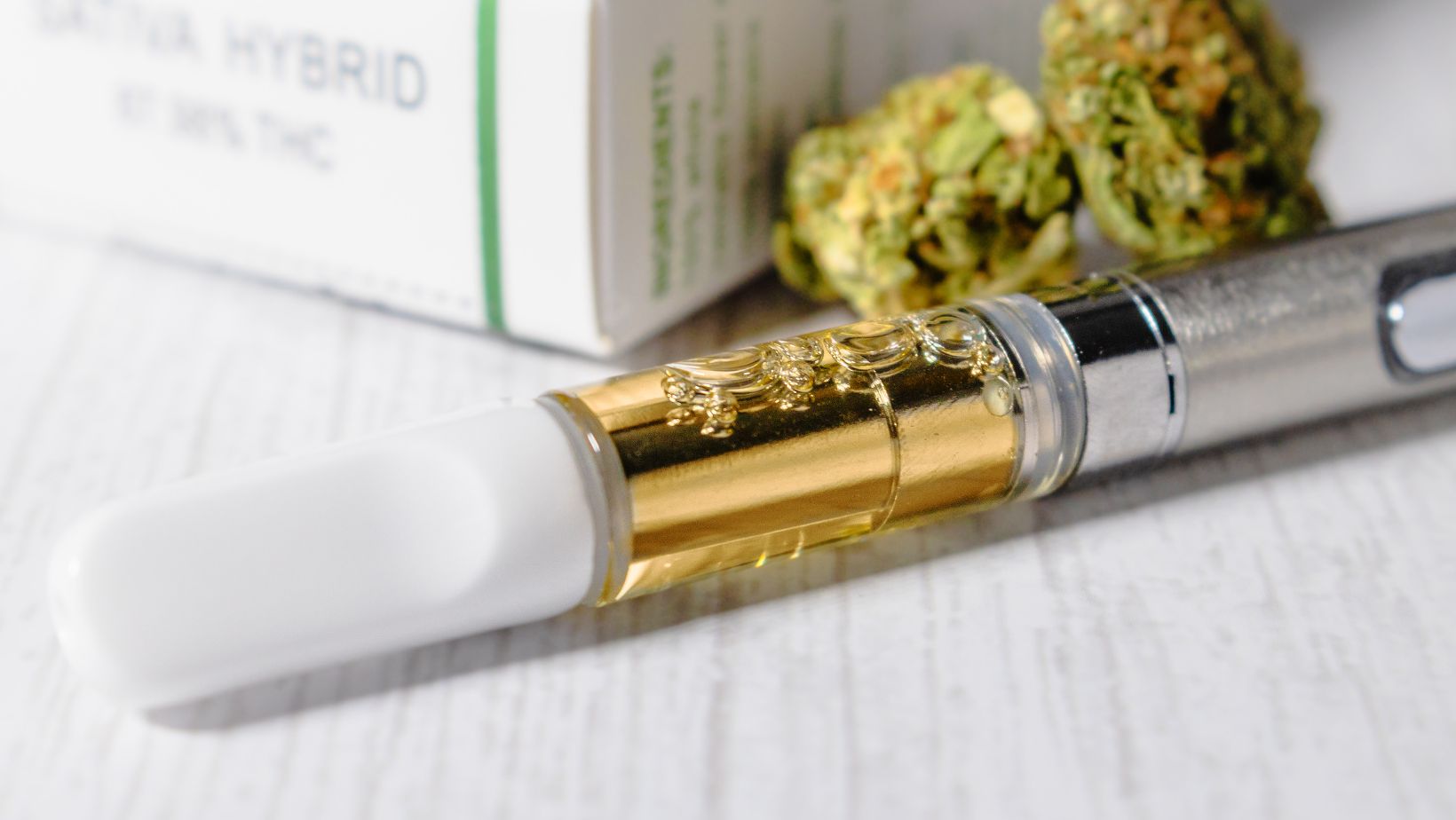
Delta 8 THC, a cannabinoid known for its clarity-inducing high and reduced psychoactive effects compared to Delta 9 THC, has been gaining popularity. Understanding how Delta 8 interacts with the body’s endocannabinoid system (ECS) not only sheds light on its unique characteristics but also explains why it might be a preferable option for those seeking less intense effects than traditional THC. In this article, we will delve into the science behind Delta 8 THC, its interaction with the ECS, and its implications for wellness and therapy.
What is Delta 8 THC?
Delta 8 THC is a cannabinoid found in cannabis plants, but it appears in much smaller concentrations than its famous cousin, Delta 9 THC. Because of its trace amounts, most of the Delta 8 THC available today is synthesized from CBD in laboratories. It’s a minor cannabinoid that has caught major attention for its reduced psychoactive properties and potential therapeutic benefits.
The molecular structure of Delta 8 THC is similar to that of Delta 9 THC, with a few subtle differences that significantly affect how it interacts with the body. One of the most notable differences is the location of a double bond in their chemical structures; it’s located on the eighth carbon in Delta 8 THC, whereas in Delta 9, it’s on the ninth. This slight shift changes how the molecules bind to the ECS receptors.
When consumed, Delta 8 THC interacts with the body’s ECS, which plays a crucial role in regulating a wide array of functions, including mood, appetite, sleep, and pain sensation. The ECS consists of two primary receptor types: CB1 and CB2. Delta 8 THC binds to both, but it has a higher affinity for CB1, which is predominantly found in the central nervous system, including the brain.
Interaction with the Endocannabinoid System
Delta 8 THC’s interaction with the ECS is fascinating because it highlights its potential as a more tolerable alternative to Delta 9 THC. Its affinity for CB1 receptors means it can offer many of the same benefits as Delta 9, such as nausea reduction, appetite stimulation, and pain relief, but with less intensity.
The binding efficiency of Delta 8 THC to CB1 receptors is lower than that of Delta 9, which contributes to its reputation for providing a smoother, less anxious psychoactive experience. This makes it an appealing option for those who experience anxiety or paranoia with traditional THC products.

Moreover, Delta 8 THC also interacts with CB2 receptors, though to a lesser extent. These receptors are mainly located in the peripheral organs and cells associated with the immune system. By interacting with both types of receptors, Delta 8 THC can potentially offer a comprehensive suite of effects that support both mind and body wellness.
Therapeutic Potential of Delta 8 THC
The unique properties of the safest delta 8 vapes that contain potent THC amounts are the subject of interest for therapeutic applications. Anecdotal evidence and preliminary studies suggest that it might help manage conditions such as anxiety, pain, and nausea while offering a clearer-headed experience compared to Delta 9 THC.
Its psychoactive effects, while less potent, can still provide significant relief from stress and anxiety, making it a viable option for mental health management without the overwhelming high. Its pain-relieving properties are also notable, particularly because they reduce cognitive disruption, allowing users to maintain more of their normal daily activities.

Delta 8 THC is also being examined for its antiemetic (anti-nausea) effects, making it a potential tool for those undergoing chemotherapy or other treatments where nausea is a significant side effect. The ability of Delta 8 THC to stimulate appetite is another area of interest, particularly for patients suffering from conditions that reduce appetite or cause weight loss.
Delta 8 THC offers a unique set of interactions with the endocannabinoid system that distinguishes it from other cannabinoids, providing an exciting balance between efficacy and usability. Its ability to engage with the ECS in a way that provides diminished psychoactive effects while maintaining beneficial therapeutic properties makes it an intriguing option for both recreational and medical users. As research continues to unfold, the potential of Delta 8 THC as a gentler alternative to other forms of THC becomes increasingly apparent, offering a promising outlook for those seeking different ways to manage their health and well-being.















